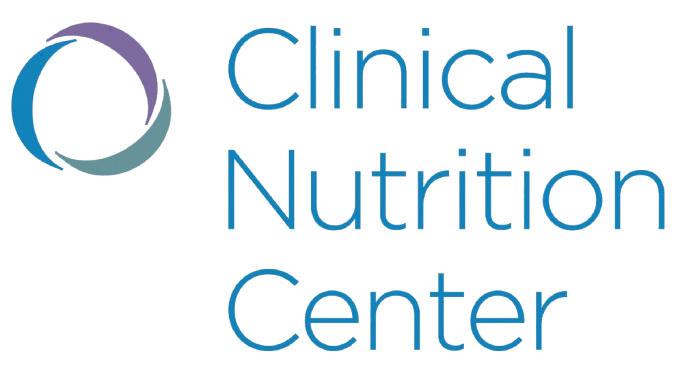
Nutrition: A Basic Primer To Properly Fueling Your Body

While the average American is inundated with news about diet and nutrition, it is often this surplus of information that creates misinformation. Having a working knowledge of nutrition is not only essential to making the right choices for yourself, it will also help you determine fact from fiction the next time someone tells you about the latest diet they are on. Nutritionists spend years in school to become experts, but all you need is a basic understanding of nutrients, calories and what they mean for your body.
Gone are the days when we could blindly follow the food pyramid and rest assured that we were getting the nutrition we need. The truth is, nutrition is more individualized than what a chart can represent. Each of us has unique needs that can be met after understanding the basics of nutrition. This brief overview will give you a great start in tuning into your own bodies needs, and future posts will help you continue the journey.
Macronutrients
These are the nutrients we need in bulk to fuel our daily activities. Carbohydrates, fat, and protein. They fuel activity, growth, and essential functions of the body.
Fat
Yes! You need fat in your diet! Thankfully the fat-free trend has faded, and more information is available as to different kinds of fat, the good and the bad.
First, the bad. Saturated fats, and trans fats should be limited as they can cause high cholesterol, heart disease, and obesity. The American Heart Association recommends limiting these types of fats to 7% of your daily intake. These fats can be found in store-bought baked goods, chips and other packaged snack foods, microwave popcorn, and crackers.
The good news is there are good fats, and consumed fun the right amounts, they can help prevent many diseases, and help maintain a healthy weight. Unsaturated fats can actually help reduce cholesterol, and lower the risk of heart disease. Unsaturated fats can be found in vegetable and olive oils, as well as foods like avocados, nuts and olives. Fish is a good source of Omega-3, a fat that has been linked to a reduced rate of heart disease. The American Heart Associate recommends getting 25 to 35% of your daily calories from these fats.
Protein
Protein is what your body uses as a building block to build new tissue in the body. It can also be used as a fuel source. Since it has such an important job, getting the right kind of protein is essential. A greasy cheeseburger is not going to cut it! How much protein do you need? The Harvard Medical School recommends multiplying your weight by .36 to find out the number of grams. Sources like chicken and turkey, reduced-fat dairy, eggs, nuts and beans are great healthy options.
Carbohydrates
Many people try to limit their carbs, but our bodies need them. It’s getting the right kind that’s important. Carbs are the driving force behind activity. They fuel your workouts, daily activity, and support bodily functions. The Mayo Clinic recommends that 45 to 65 percent of your daily calories come from carbs. Fruits, vegetables, and legumes are the best sources of carbs, as are minimally processed whole grains.
The Calorie
Calories are often viewed as the ultimate measure of weight loss or gain. In reality, calories are more complex than that. Quality counts as much as quantity. If you follow a reduced calorie diet consisting of sweets, processed foods, and bad fats, you will likely put on weight versus a higher calorie diet consisting of fruits, vegetables, lean protein and whole grain. While “calories in and calories out” does factor into weight loss, where those calories come from bears equal importance.
Insulin
This very important hormone produced by your pancreas is what allows your body to use sugar for energy, and is what keeps your blood sugar from getting too high or too low. People have issues with sugar consumption when their pancreas can no longer produce insulin (type 1) or when their bodies don’t respond well to insulin (type 2)
Glycemic Index
Related to the topic of insulin is the glycemic index. This index helps us to understand the effects of different foods on our bodies. This is important because some foods, like white breads, baked goods, and candy, have a dramatic effect on blood sugar levels, causing them to spike. Other foods like oatmeal, whole grains, and produce are low on the index, and help the body to sustain an even blood sugar over time.
Gluten
Gluten is a buzzword lately with many people going to great lengths to avoid it. Gluten is the protein found in wheat, and is used in many commercial food products. Those with Celiac Disease may experience symptoms like extreme stomach pain, heartburn, and bloating, among many others. For them, the ingestion of gluten causes damage to the small intestines. While most people do not need to avoid gluten, if you are experiencing symptoms, speak with your doctor.
While this is just a brief overview into the world of nutrition it can serve as a jumping off point for making healthy, nutritious decisions everyday.




